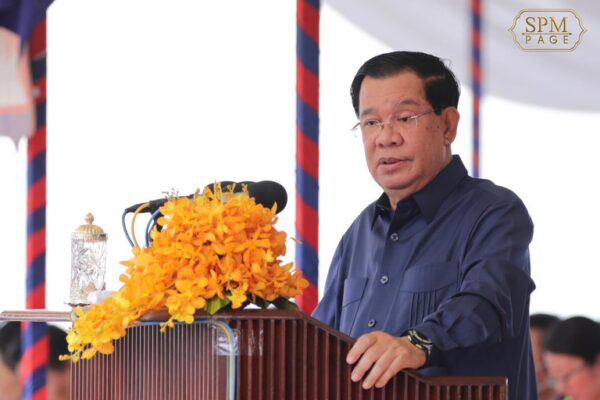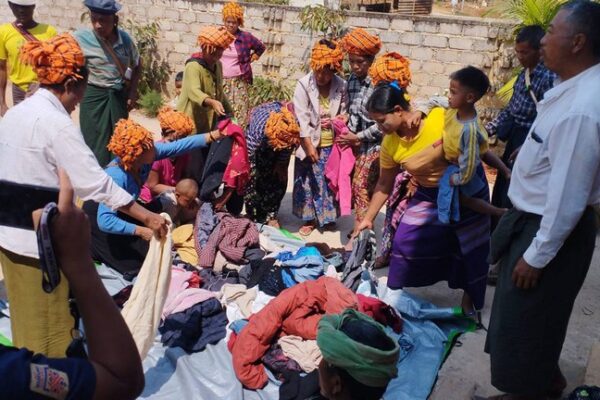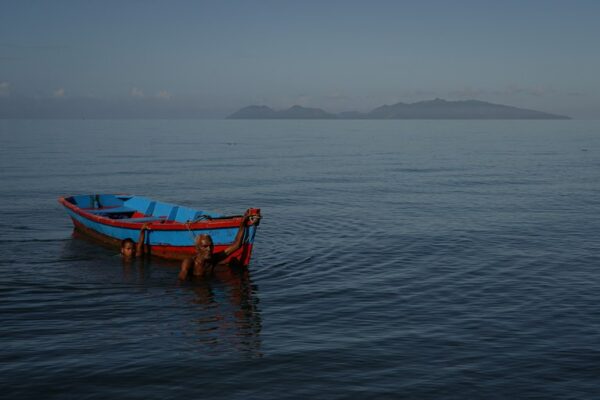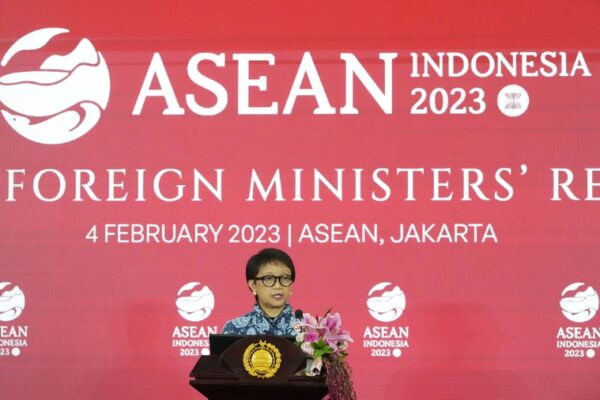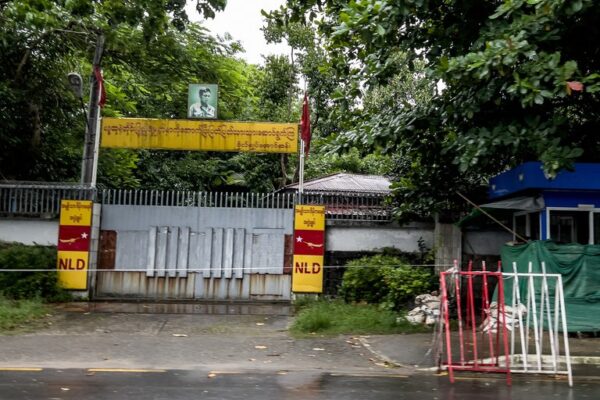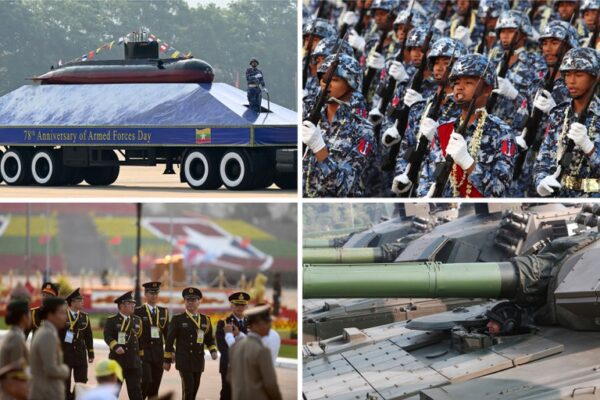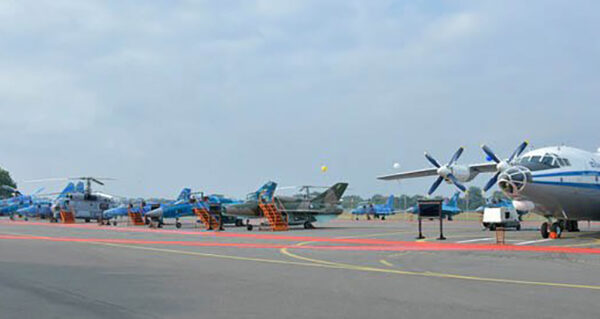
Since coup, nearly 450 civilians killed in Myanmar’s eastern Kayah state
Civilians are being killed at an alarming rate in Myanmar’s civil war, dying in airstrikes, artillery shelling and while being held in detention, data released from an armed ethnic group fighting the junta showed. In the eastern state of Kayah, which borders northern Thailand, some 447 civilians have been killed since the military took control of the country in a coup two years ago, according to the Progressive Karenni People’s Force. About two-third of them were killed after being captured by troops, while the rest died while feeling conflict, said an official with the group who spoke to Radio Free Asia on condition of anonymity citing security concerns. “The reason why civilians were killed is because they were hit by the junta’s … artillery fire,” he said. “Another reason is the military junta’s airstrikes targeting civilians.” “Some were killed by the military forces after they arrested them, and others died because of insufficient medicine to cure them,” he said. Across the country, some 3,206 civilians have been killed by the junta during the same period, according to Thailand’s Assistance Association for Political Prisoners (Burma). Fighting has been fierce in the region since the February 2021 coup. The Burmese army has clashed with the ethnic Karenni Army and the Karenni Nationalities Defense Force as many as 650 times, he said. War crimes Junta forces have increasingly ignored the rules of war and committed atrocities that amount to war crimes, said Banyar, director of the Karenni Human Rights Organization. “We are witnessing the military council openly committing war crimes and crimes against humanity,” he said. “The civilian death rate has increased because the junta is committing crimes against innocent civilians instead of protecting them.” Volunteers in Loikaw, Kayah state, prepare the funeral for civilians killed by Myanmar junta troops, Jan. 27, 2022. Credit: KNDF/B11 Banyar noted that there have been some cases where the anti-junta People’s Defense Force paramilitary group has killed civilians it accused of acting as informers for the military. The Progressive Karenni People’s Force said it is compiling a list of rights violations committed by the military and will submit it to international rights groups as part of a bid to hold the junta accountable. In addition to civilian deaths, the group said that at least 252 resistance fighters and 1,883 junta soldiers had been killed during the battles, although RFA could not independently confirm the claim. Calls by RFA to Aung Win Oo, the junta’s social affairs minister and Kayah state spokesman, went unanswered Monday. Just last Monday, on Armed Forces Day, junta chief Sr. Gen. Min Aung Hlaing vowed to “crush” ethnic armed groups supporting the People’s Defense Forces and the shadow National Unity Government. Meanwhile the fighting has driven around 200,000 refugees from their homes in Kayah state since the coup, the Karenni Human Rights Organization said. The displaced are facing food shortages, and that in some cases, camps don’t have access to clean water, leading to diarrhea and other water-borne viruses, said Phu Maw, a volunteer providing medical assistance to refugees in Kayah state. Most of the refugees are suffering from mental health issues, she said. Translated by Myo Min Aung. Edited by Josh Lipes and Malcolm Foster.

